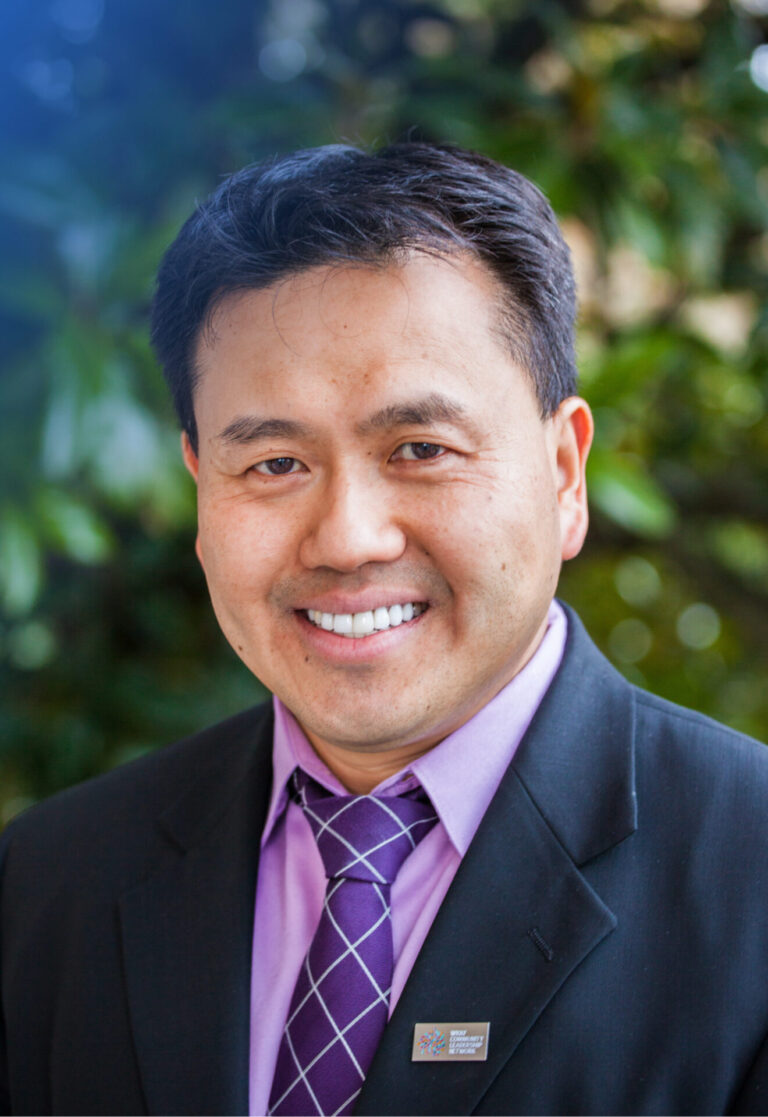INCLUSIVE ECONOMY
Business and nonprofit leaders are navigating the challenging economic landscape and showing us the way forward. Our partners are modeling new ways to achieve an equitable recovery.
Years ago, community voices spoke up and shaped the language of our North Star, which states that for West Michigan to grow and prosper, we need to build and sustain an inclusive economy and thriving community. Looking back reminds us that the COVID-19 pandemic is not creating inequitable access to opportunity and capital for communities of color. The current conditions simply magnify the roots of a system that Black and Latinx neighbors have been calling out for decades. Now more than ever, we need to learn from community and business experts about how to create a recovery for all.
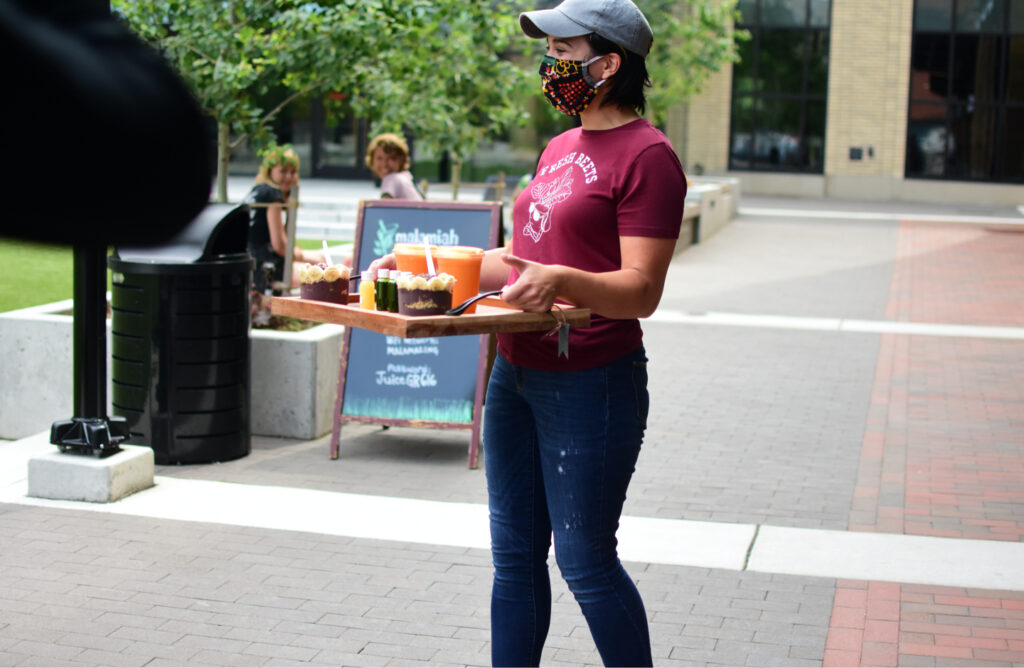
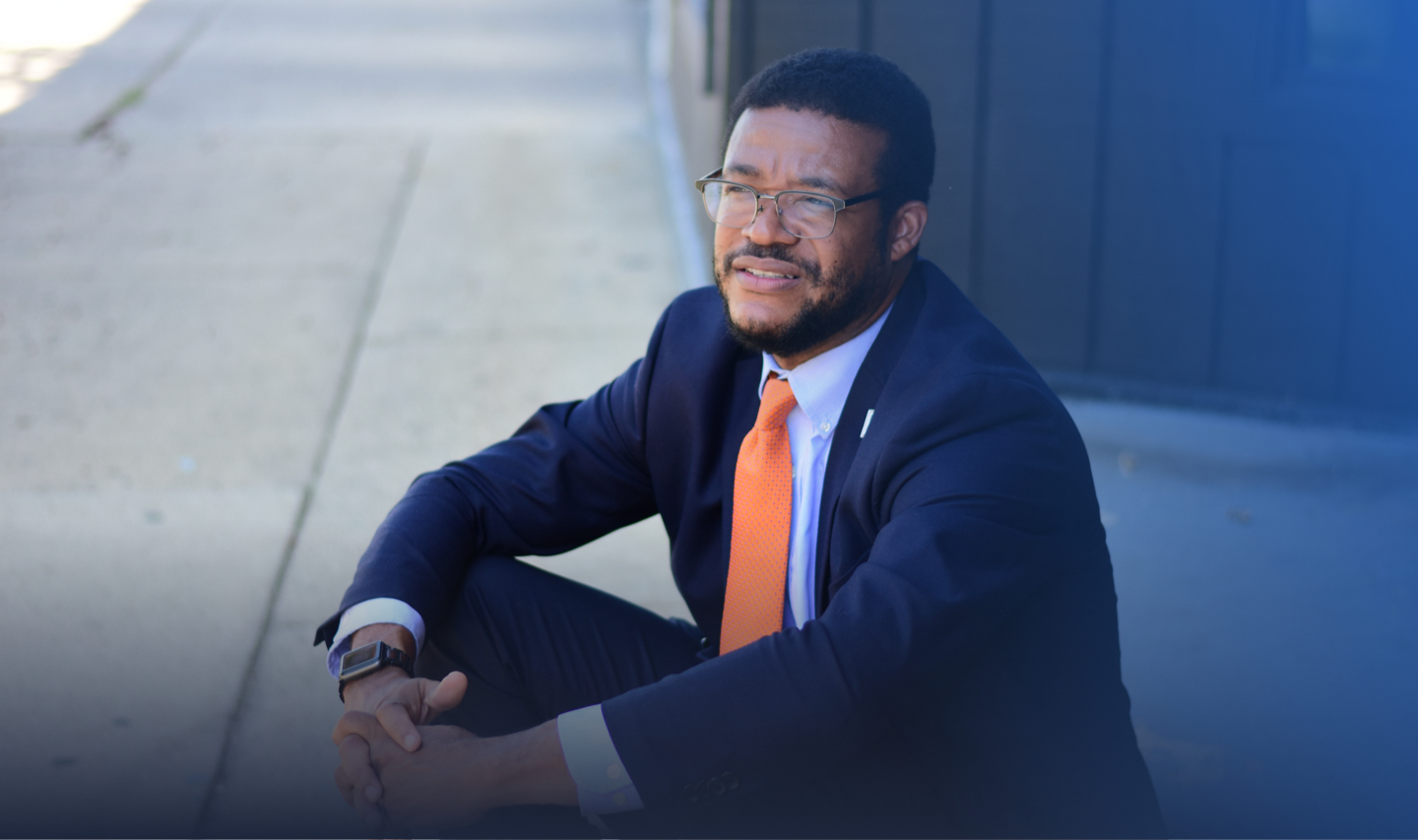
“Through countless studies, we know of four ways to eliminate or at least somewhat mitigate that racial wealth gap—sound public policy, education, home ownership and entrepreneurship.”
Eric K. Foster
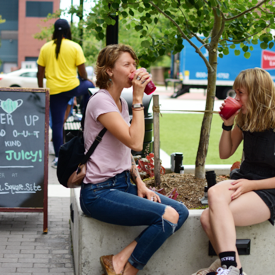
Recovery focused on racial equity
One obstacle facing business owners of color is a lack of funding opportunities and existing banking relationships. “There have been a lot of discrepancies within Black and Brown communities in terms of lending practices,” says Kimberly Slaikeu, Ph.D., owner and founder of Luxe Artisan Preserves. “The literature shows that only 12% of Black and Brown enterprises received the Paycheck Protection Program funding they asked for. And that historically has been an issue in terms of how banks and other lenders govern dollars.”
The pandemic has personally impacted Kimberly, and she is passionate about helping Black and Latinx businesses achieve success. Kimberly is co-creating solutions with other business leaders and offering her expertise to inform Rende Progress Capital’s COVID-19 relief efforts.
RPC is a grant partner with Grand Rapids Community Foundation and the nation’s only racial equity loan fund and emerging Community Development Financial Institution. RPC Co-founders Eric K. Foster and Cuong Q. “CQ” Huynh are innovative leaders working to reduce the racial wealth gap in Kent County.
After a decade with NASA and a year with the U.S. Senate finance committee, CQ, as a man of faith felt a call to give back to community. Leaving Vietnam in 1979 and living in Malaysian refugee camps inspired him to start a nonprofit for immigrant youth. He joined a racial equity and healing cohort with W. K. Kellogg Foundation. There he met Eric, which CQ describes as providential. Eric had an idea for bolstering entrepreneurship to reduce the racial wealth gap in his hometown of Grand Rapids.
RPC supports entrepreneurs seeking funding to scale up their businesses. RPC collaborates with community partners and business owners to create access to capital for excluded entrepreneurs, those who have historically been denied traditional bank loans. They’ve embedded a racial equity lens in their mission and practices, believing that this focus is critical to move our community forward.
“At the end of the day, everyone benefits when you invest people and believe in them. They create opportunities and it helps the local, state and federal government because you get taxes. It creates jobs and opportunities to bring wealth, bring opportunity. So it's a win, win, win situation."
CQ HUYNH
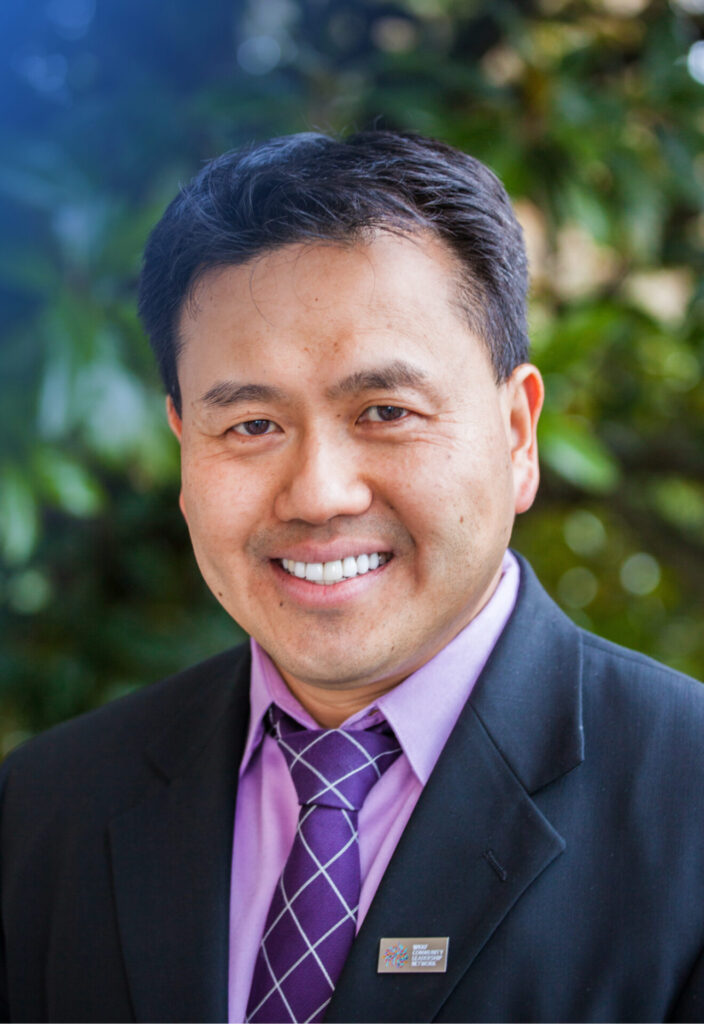

Doing something different
The pandemic lays bare our community’s history of inequitable access to prosperity. “We’re dealing with historical root causes that are unchecked,” says Eric. “And because they’re unchecked, we get the manifestation every single day where racism creeps into how someone looks at us, whether in our business, health or education.”
Kimberly, Eric and CQ remind us that our recovery from COVID-19 and the racial and economic disparities it has magnified must focus on the people behind the businesses. “RPC lenders look at the totality of the person and the stressors impacting their ability to carry out their businesses,” Kimberly says. She challenges local businesses to review their internal policies and purchasing practices, to find opportunities to support all businesses, specifically those owned and operated by Black and Latinx communities.
Relief
Addressing
COVID- 19
Exclusion
"The race4progress fund wasn't just about the lending aspect, but also looking at the totality of the person and the stressors that may be impacting their ability to carry out their businesses."
Kimberly Slaikeu, Ph.d.
Watch the video to hear our partners talk about Informed Impact and what that means for our community.
Racial disparities are not new. Creating an equitable economic recovery and pathways for generational wealth will require new practices. “Do things differently and you will get different results,” CQ says. “In RPC’s case, it is to make positive changes in people’s lives. When [clients] think ‘There’s no hope because of the color of my skin or because of my gender.’ No, we don’t believe that at RPC. We don’t think that. And that’s why lives are changing, because we are doing things differently.”
RPC recently created the RACE4Progress Fund, partnering with local organizations to offer small business relief funding to excluded entrepreneurs of color whose businesses have been damaged by COVID-19. Representatives of color from West Michigan Hispanic Chamber of Commerce, Start Garden, Grand Rapids Area Black Businesses, Luxe Artisan Preserves and Eastern Floral co-developed the fund’s framework and implementation strategies.
Watch the video to hear our partners talk about Informed Impact and what that means for our community.
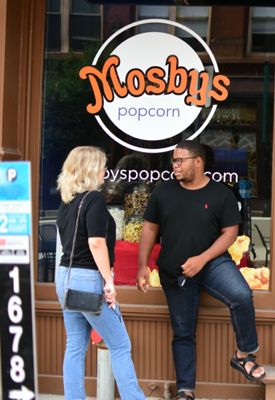
Invest in people
Thanks to our donor partners’ generosity, the Community Foundation can partner with brilliant organizations teaching us how to prioritize people and advocate for justice. These relationships—with partners like Women’s Resource Center, West Michigan Hispanic Chamber of Commerce, Grand Rapids Urban League, Start Garden and RPC—helped us create flexible grantmaking practices and new grant partnerships focused on economic prosperity.
Valuing community voice and adaptive partnerships helps us respond to emerging needs for equitable recovery, today and into the future. The Community Foundation will continue to use the insights of business and nonprofit leaders to inform our work in Kent County. The benefits are clear: together, through partnership, we can create lasting impact and support an equitable recovery.

